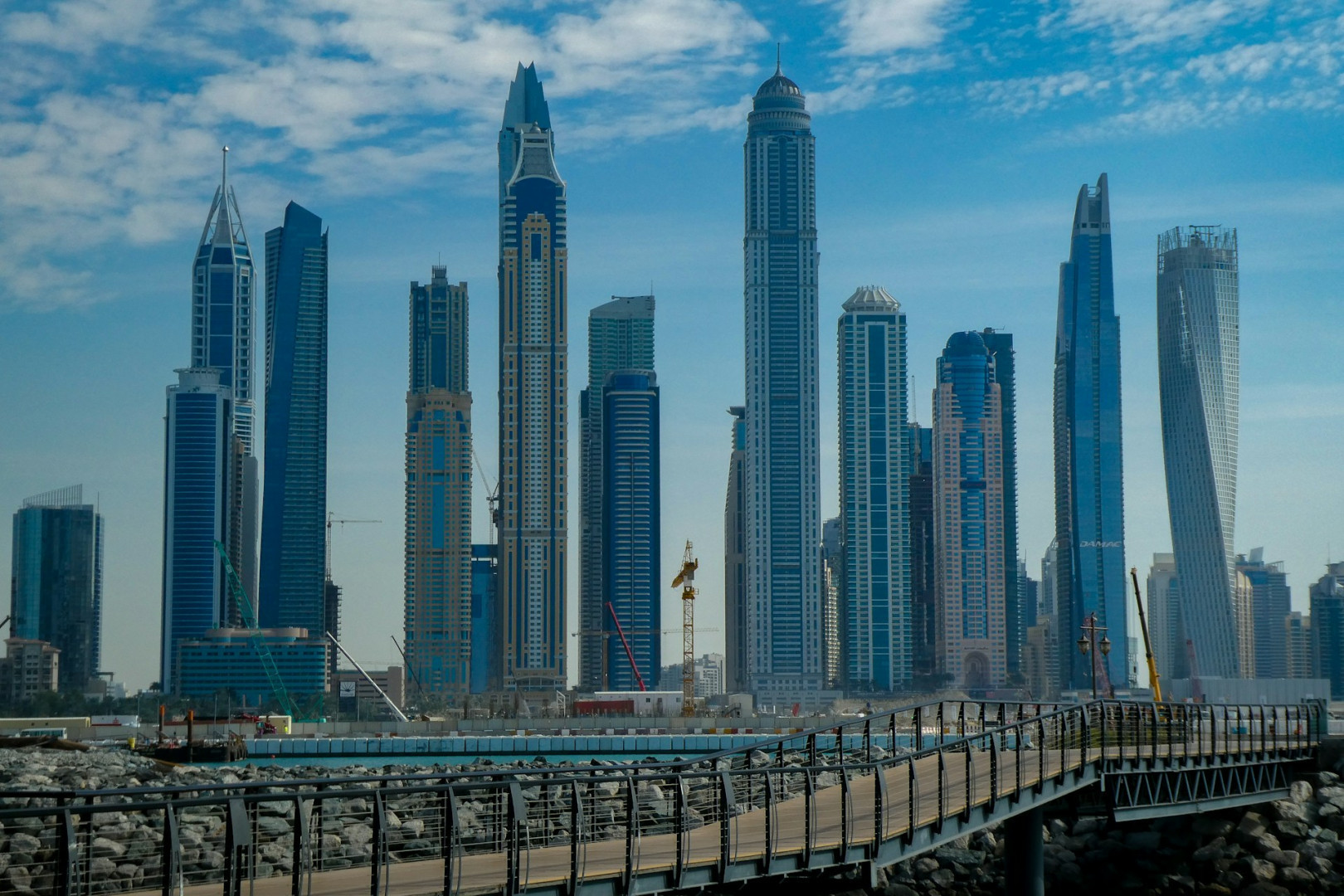
Off-plan properties
About us
The real estate market in Dubai has always been a lure for global investors and businesses. Understanding the legal framework and practical considerations is crucial if businesses seek to broaden their portfolio or house staff.
In the sections that follow, we look at the most important issues surrounding company rights to purchase residential property in Dubai, plus the foremost advantages and potential drawbacks.
Can businesses buy residential property in Dubai? The ability of a company to purchase residential properties in Dubai is mostly determined by its legal status. Onshore businesses like LLCs and Private Joint Stock Companies have full rights to buy apartments in freehold areas such as Downtown Dubai, Palm Jumeirah, and Dubai Marina. Similarly, companies based in Free Zones (such as DMCC or JAFZA) can acquire freehold property, provided it is used for company purposes and not rented out to third parties. Any RAKICC‑registered offshore company is also eligible for freehold ownership, allowing direct purchase of residential developments in Dubai.
International offshore companies registered in jurisdictions outside the UAE – including the British Virgin Islands and Hong Kong – are not legally allowed to own property in Dubai. This limitation highlights the need to structure your corporate vehicle in compliance with local law when planning a property acquisition.
Corporate buyers in Dubai can choose from a wide range of residential properties. Popular options include luxury apartments and villas for staff accommodation or long‑term investment, as well as serviced apartments with housekeeping, maintenance, and concierge services. Off‑plan properties – those purchased during construction – often offer attractive pricing and significant upside once complete. Each asset class carries its own risk‑reward profile, so it’s important to match your purchase to both operational requirements and investment objectives.

Purchasing property through a company offers several strategic advantages:
These benefits help businesses gain financial flexibility and plan effectively for the future.
Businesses must also be mindful of certain limitations and practical considerations. Free Zone‑registered companies generally cannot sublet or lease their premises to external tenants; any residential unit must serve internal needs. Securing mortgages in a company’s name may be more complex, with lenders applying stricter criteria and potentially higher rates than for individual borrowers. Finally, comprehensive due diligence – reviewing company registration, ensuring compliance with local real estate laws, and verifying documentation – is vital to avoid costly delays or legal disputes.
From a corporate investor’s perspective, Dubai’s residential market is highly compelling, but selecting the right legal structure and understanding the regulatory framework are essential. By choosing onshore, Free Zone, or RAKICC offshore company formations, businesses can access freehold ownership in prime districts, enjoy tax benefits, and protect their assets. With careful preparation and professional guidance, companies can navigate usage restrictions, financing requirements, and compliance obligations to successfully invest in one of the world’s most dynamic property markets.
Engaging with a specialist consultancy like DDA Real Estate can further streamline the process. From identifying suitable investment properties to providing end-to-end assistance with legal structuring, compliance, and documentation, DDA Real Estate offers tailored support to corporate clients who want to buy property in Dubai. Their expertise helps minimize risk, ensure full regulatory alignment, and maximize long-term value from your real estate portfolio.